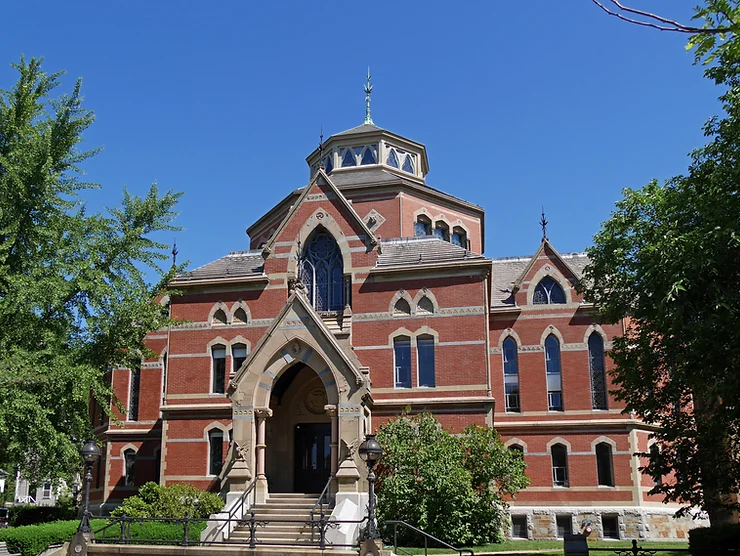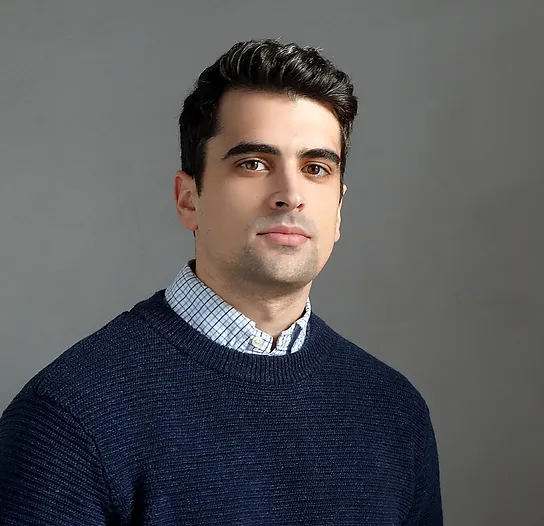Pierre is a leading college and graduate admissions consultant with extensive experience in education and entrepreneurship. His advice has been featured on Forbes.com, U.S. News, CNN Business, the Washington Post, ABC News, Business Insider, and more.

Welcome to the Brown University supplement for the 2020-2021 application cycle! You’ve got three pretty standard questions: “Why This College: Academics,” “Why This College: Extracurriculars,” and “Community Essay.” Make sure you plan your responses for the first two questions so there’s no overlap: the first is just academics, the second is just extracurricular stuff. (The University of Pennsylvania, for example, also breaks up its “Why This College” question into two parts.)
Brown’s Open Curriculum allows students to explore broadly while also diving deeply into their academic pursuits. Tell us about an academic interest (or interests) that excites you, and how you might use the Open Curriculum to pursue it. (250 words)
This question is about the overlap between your academic interests and Brown’s unique curriculum. First order of business: do you know what the Open Curriculum is? Of course you do, because you’ve done your research thoroughly, and the Open Curriculum is a big part of why you’re applying to Brown. Right?
Just in case, you can check out the Brown admissions website, or read my Sparknotes version:
Brown has no distribution requirements. Many colleges require that you earn a set number of credits in the arts, humanities, social sciences, and natural sciences. They also generally want you to use a calculator once or twice, and know how to ask where the library is in at least one foreign language by the time you graduate. At Brown, however, you can pretty much take whatever tickles your fancy. Basically, you just need to take a certain number of courses, have a “concentration program” (what Brown calls a major), and be able to write well by the end of your four years.
As always, you’re going to want to discuss: the concentration you’d like to pursue, a few upper-level, Brown-specific classes you’re looking forward to taking, a couple professors you’d like to work with.
All the while, you need to demonstrate how these interests and desires are grounded in the work you’ve already done. When you “declare” your concentration in this essay, don’t worry—you’re not committing yourself to anything. You can change it up once you get to campus (or anytime during your first two years, actually). Your concentration is just for the sake of this essay. Choose what fits best with what you’ve done in the past. If you’ve really shone in your STEM classes, now is probably not the time to say that you want to do Classics (especially if you’ve never taken Ancient Greek or Latin, obviously). Your response will be strongest if you can demonstrate focus, direction and continuity. You want to make sure that you are presenting a clear narrative or story that will be compelling to admissions officers.
Upper-level, Brown-specific classes means you should not say you’re looking forward to taking Intermediate Spanish II, since every college offers that. You could probably take it for a lot less money at your local community college. Instead, go with something like “The Sedimentary Rock Cycle of Mars and Earth,” if that’s consistent with your academic profile.
The professors you mention should probably be tenured faculty members (or at least folks you know will be there for a few years), and teach subjects in line with your interests.
As always, you need to be demonstrating that you’ve done your research. Make sure you know who’s teaching at Brown, what great classes they offer, and what your concentration will be.
At Brown, you will learn as much from your peers outside the classroom as in academic spaces. How will you contribute to the Brown community? (250 words)
“Why Brown: Part II.” This is all about your extracurriculars. So, as always, you need to do some solid research about what kinds of student organizations and clubs are available at Brown. Again, this needs to be consistent with what you’ve already done. Your past achievements are the foundation on which you will build the promises you make about your future endeavors. Don’t fall into the trap of using platitudes, or making yourself look like a hero when you talk about how you will contribute to the Brown community (don’t say: “I will be an honest, diligent, and conscientious community member who will found a club to save the whales”). There’s no use in bragging about what you will do in the hypothetical scenario where you are a student at Brown. Write, in a matter-of-fact way, about how you will bring the abilities you’ve already demonstrated, and the experiences you’ve already had, to Brown.
Tell us about a place or community you call home. How has it shaped your perspective? (250 words)
Lots of colleges ask questions like this. They’re good questions. This is a great chance for you to show admissions officers something unique about yourself that they may not already know. Your response should ultimately be more about you than the “place or community you call home.” The idea is to show how that place or community has helped make you who you are.
I’ve had students tell me: “But there’s nothing interesting about where I’m from!” I promise you that’s not the case. Part of what this question helps your reader measure is whether you have enough self-awareness to look at your life from the outside, whether you have the ability to be introspective and explore the particularities (and maybe even the peculiarities) of who you are.
So begin by remembering that “places” and “communities” can mean whatever you want. The place you write about could be your public library (assuming you have a great, unique story to tell about it). Your community could be an online community of programmers, or the strangers you ride the bus with every morning on your way to school. Again, you need to have a convincing and compelling story to tell—one that highlights something truly unique about you. (I know: easier said than done.) I’m simply saying that there are no right or wrong topics here.
This being said, you’re going to have a hard time writing about working in a soup kitchen, or playing on the field hockey team, since these choices are highly common, and the whole point is to stand out from the pack. Keep in mind that writing about community service means running the risk of painting yourself as a savior, when the reality is that literally everyone you’re competing with for a spot at Brown does community service. Writing about sports seems inevitably to lead to predictable platitudes about teamwork, diligence, reliability, leadership. Don’t get me wrong: these are great qualities to have, but you don’t want to be the 6,890,432,855th applicant to use sports as a metaphor for life.
As always, college consultants are here to help. Don’t hesitate to reach out.




